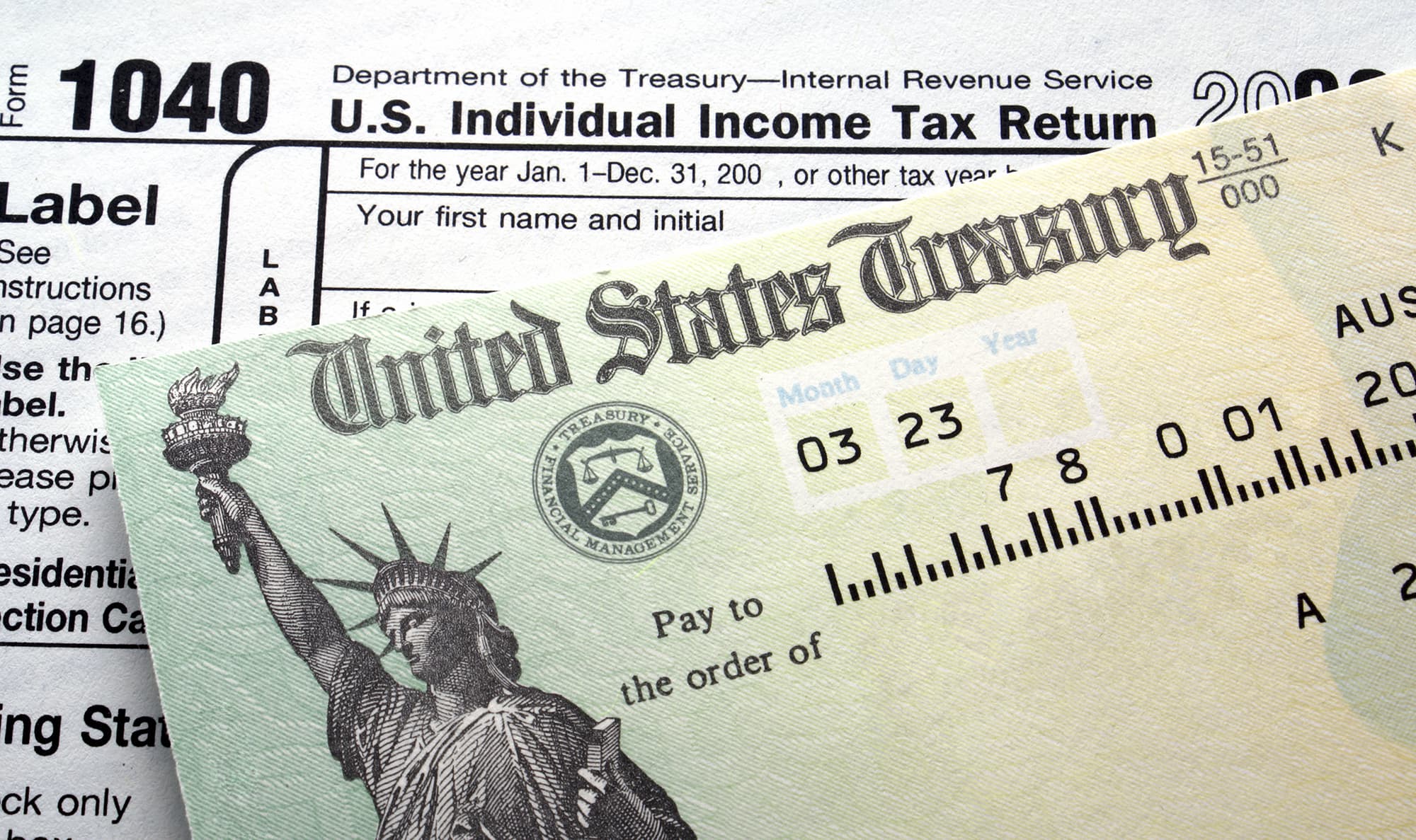Accountants often deal with clients who receive sizeable tax refunds. This influx of cash can have a positive impact on advancing their financial goals if utilized appropriately. Here are some key strategies to consider: Emergency Funds and Savings Encourage...

Accountants often deal with clients who receive sizeable tax refunds. This influx of cash can have a positive impact on advancing their financial goals if utilized appropriately. Here are some key strategies to consider:
Emergency Funds and SavingsEncourage clients to allocate part of their refund towards their emergency fund, which can cover at least a few months of living expenses. Ideally, these savings should cover a few months of living expenses to prevent reliance on credit card debt or premature retirement fund withdrawals.
Debt ReductionHigh-interest debts can be a drain on financial resources, slowing down progress towards financial goals. Guiding clients to use their tax refund for eliminating or reducing credit card debt, student loans, or mortgage payments can bring substantial future savings. In scenarios with multiple credit cards, advise clients to tackle the card with the highest interest rate first.
Retirement ContributionsInvesting for the future is always a smart choice. Advise clients to use their tax refund to augment contributions to tax-advantaged retirement accounts like 401(k)s or IRAs.
Investment OpportunitiesFor financially secure clients open to risk, investing a tax refund in a diversified portfolio can bring attractive long-term gains. Investments can appreciate over time, potentially providing a significant boost to their wealth.
Education and Self-ImprovementWhether it is furthering their own education or setting aside funds for their children’s future educational needs (like a 529 Plan), using tax refunds for education can be a very wise investment.
Tax PlanningIt might seem odd to discuss tax planning in the context of a tax refund, but the size of a client’s refund can provide valuable insights. If a client consistently receives large refunds, it might be worth discussing if they are having too much withheld from their paychecks. Conversely, a small refund may mean they are not taking full advantage of the deductions and credits available to them.
In conclusion, there are many ways clients can maximize the benefits of their tax refunds. The best strategy will depend on their financial situation, goals, and risk tolerance. Qualified and experienced tax advisors at GKM Inc can help guide through these considerations and make the best possible decisions for one’s financial future.
The post Making the Most of a Tax Refund: A Practical Guide first appeared on GKM Inc.











